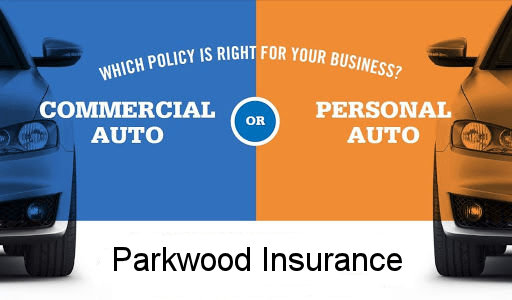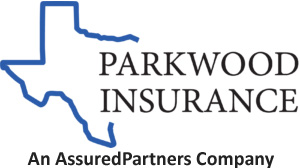Understanding the Difference between Personal vs. Commercial Auto Insurance
 Buying auto insurance can seem complicated, particularly when you are not sure about the appropriate type of coverage for your needs. In general, you have two choices available: personal and commercial auto coverage. Unless you own a business and are trying to protect a company car, you will need to purchase personal auto coverage.
Buying auto insurance can seem complicated, particularly when you are not sure about the appropriate type of coverage for your needs. In general, you have two choices available: personal and commercial auto coverage. Unless you own a business and are trying to protect a company car, you will need to purchase personal auto coverage.
Basics of Personal Coverage
Personal auto insurance is designed for the needs of consumers, either as an individual or a family. It protects your personal assets if you are in an auto accident by providing the funds to fix your vehicle, pay for medical expenses or pay for liability charges if you caused the accident.
Obtaining personal auto insurance is relatively easy, but you will need to provide some basic information before you ask for a quote. The information you need to provide for a quote includes:
- The Vehicle Identification Number, or VIN
- The names, ages and basic details of all of the primary drivers
- The specific coverages you want
Although certain information is necessary to get a quote, providing more details will result in an accurate estimate. For example, if you are a student in college with good grades, then you can ask about a good student discount. The quote can include discounted rates that apply to your account, but you will need to provide proof after the company insures your vehicle.
Commercial Coverage
Unlike a personal auto insurance plan, commercial coverage is designed for the needs of businesses that have several drivers and multiple cars. It works around the possibility that every employee within the company will drive the vehicles, so the liability protection is usually greater than the amount provided under a personal plan and the cost of the policy is also usually greater than the personal auto plan.
According to the American Association of Motor Vehicle Administrators, commercial companies do not register vehicles in the same way as a personal vehicle, so the information provided to obtain a quote is different. A commercial company can have as many as several hundred possible drivers, all of whom are insured under the policy. The result of that difference is that an insurance provider may not be able to match the VIN on the vehicle to the state database, so other measures are necessary to provide appropriate coverage.
The other difference between commercial and personal coverage is the number of drivers. A business may need coverage for 10 or 15 drivers, even if they only drive occasionally. The rates are much higher as a result of the number of primary drivers.
Obtaining the Right Coverage
Although commercial auto coverage is available and you can apply for that type of program, it is not appropriate if you need to protect a vehicle that is used primarily for personal reasons. Consumers need personal auto coverage that meets or exceeds the minimum state standards. Companies and business owners who are protecting both assets and employees will need a greater amount of protection and a commercial plan.
When you are looking for coverage, focus on personal protection plans. Avoid commercial plans unless you are starting a company and intend to use the vehicle for business purposes rather than personal needs.
Commercial and personal auto insurance policies are completely different programs. They are designed for different needs and situations. For the most part, consumers will need to purchase a personal plan to protect assets.




